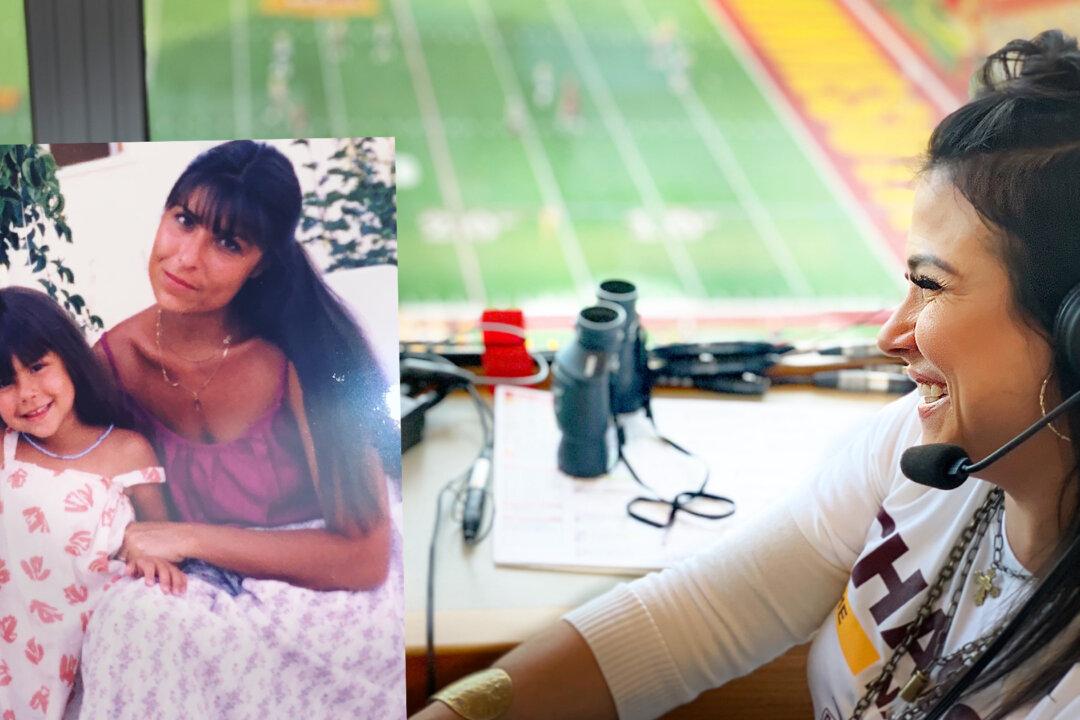As a child, Rachel Baribeau was heartbroken when she learned her dad was not her biological father. Convincing herself she must be unlovable, Baribeau succumbed to cocaine addiction and for years led a double life: working as a successful sports broadcaster by day, and drug addict by night.
It would be the voice of God that eventually woke her from this nightmare, and led her to accomplish greater things in helping others. Now in Yulee, Florida, Baribeau shared her story with The Epoch Times.





